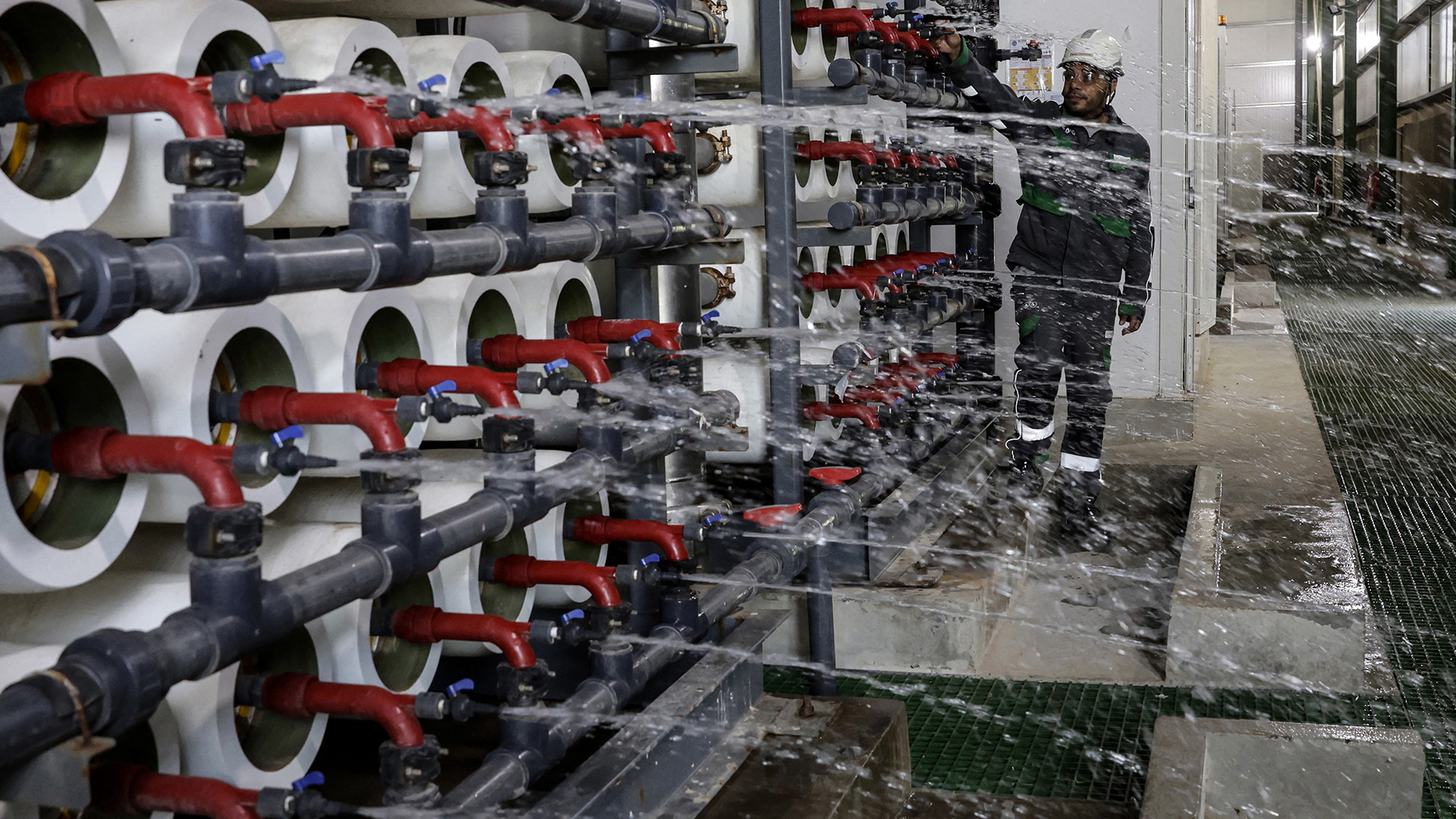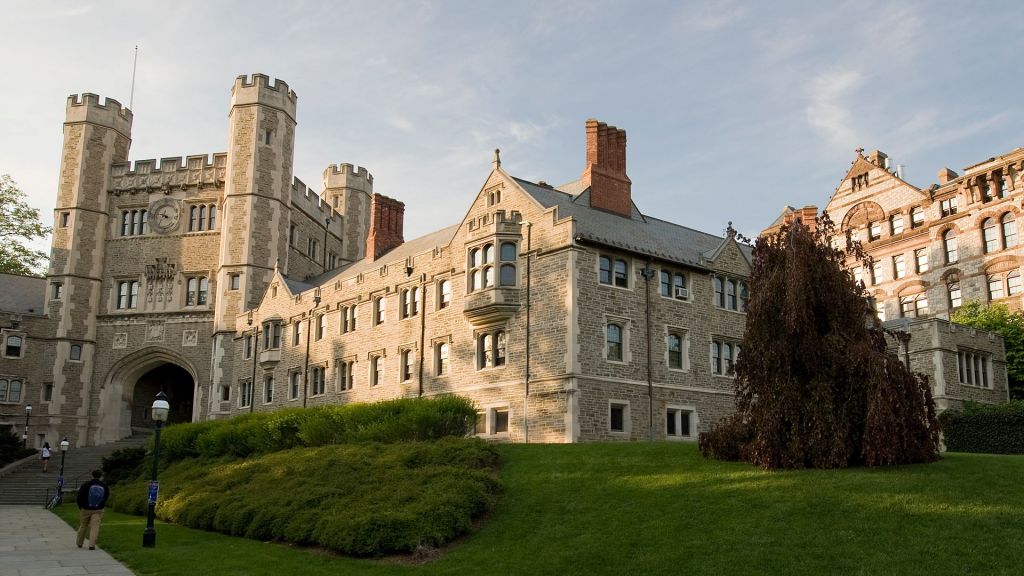
[Jack Aylmer]
A SEVERE DROUGHT IN ONE AFRICAN NATION HAS LEAD TO RIOTS OVER WATER RATIONING IN RECENT MONTHS.
AS RAINFALL CONTINUES TO DECLINE – AUTHORITIES ARE LOOKING TO A COSTLY SOLUTION.
ALEGRIA’S GOVERNMENT IS SPENDING ALMOST FIVE AND A HALF BILLION DOLLARS ON IMPROVING THE NATION’S DESALINATION PLANTS-
WHICH ARE ALREADY THE LARGEST SUCH FACILITIES IN ALL OF AFRICA.
FIVE NEW DESALINATION PLANTS ARE SET TO COME ONLINE THIS YEAR, BOOSTING ALGERIA’S DAILY PRODUCTION OF WATER FROM THE MEDITERRANEAN SEA TO 3.7 MILLION CUBIC METERS-
ROUGHLY EQUIVALENT TO NEARLY 54 AND A HALF THOUSAND AVERAGE U.S. SWIMMING POOLS.
BY 2030, SIX ADDITIONAL FACILITIES ARE PLANNED, PUSHING THE COUNTRY TOWARDS SOURCING 60% OF ITS DRINKING WATER FROM DESALINATION.
HOWEVER, THIS PROCESS IS ALSO HIGHLY EXPENSIVE WITH THE MASSIVE AMOUNTS OF ENERGY REQUIRED TO SEPARATE SALT FROM WATER.
BUT ALGERIA’S STATUS AS A LEADING PRODUCING OF NATURAL GAS MAY HELP OFFSET SOME OF THOSE COSTS.
GETTING WATER FROM THESE PLANTS WILL COST THE COUNTRY AS MUCH AS 2.8 MILLION DOLLARS EVERY DAY-
OF WHICH THE GOVERNMENT PLANS TO SUBSIDIZE 95 PERCENT OF.
THE MOVE COMES AS OTHER AFRICAN NATIONS TURN TO USING DESALINATION FOR THEIR DRINKING WATER.
MOROCCO IS EXPECTED TO SPEND OVER THREE BILLION DOLLARS TO BUILD FACILITIES OF ITS OWN-
WHILE SOUTH AFRICA UTILIZED THE TECHNOLOGY TO SAVE ITS CAPITAL OF CAPE TOWN FROM A COMPLETE WATER SHORTAGE IN 20-18.
JACK AYLMER – STRAIGHT ARROW NEWS.







